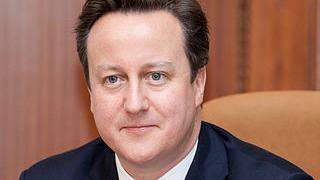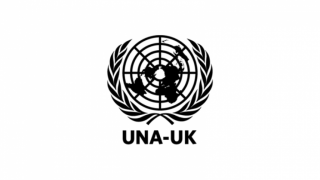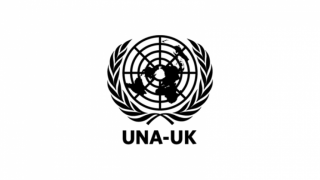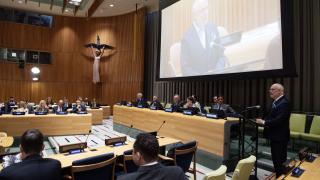
On 30 January, UNA-UK representatives Alexandra Buskie and Stephanie Siddall attended a meeting of the Joint Committee on the National Security Strategy (JCNSS), where Prime Minister David Cameron provided oral evidence on the progress and impact of the current National Security Strategy (NSS) and plans for the future.
The JCNSS brings together a group of MPs and Peers to consider and scrutinise the NSS, including the structures in place therein for decision-making. The most recent NSS was published in 2010 by the National Security Council (NSC), a sub-committee of the Cabinet established to take a cross-governmental approach to potential threats, risks and hazards facing the United Kingdom. Titled "A Strong Britain in an Age of Uncertainty", it emphasised the risks posed by and defences against terrorism, cyberwarfare, international military crises and natural disasters, and is expected to be reviewed and reissued after the 2015 general election.
During the session, Mr Cameron reflected on the effectiveness of both the 2010 NSS and NSC, the practical impact they have had on Government decision-making and outlined plans for how the next NSS will respond to new and changing risks. The session also covered a range of specific national security issues, ranging from the UK Government’s response to the crisis in Syria, ownership of national infrastructure, UK membership of the EU, the UK’s relationship with the US, and energy and food security.
In a moment of candour, the Prime Minister acknowledged that “urgent operational meetings to discuss Syria, Afghanistan and Libya tend to crowd out more thematic discussions”. The meeting ended with a request from Rt Hon Margaret Beckett MP that the JCNSS be able to input into the 2015 revised NSS as much as possible.
A full transcript of the meeting can be found here.
UNA-UK continues to monitor the UK’s national security policy and how it relates to its international policy as a whole, including in terms of its relationship to the United Nations.






